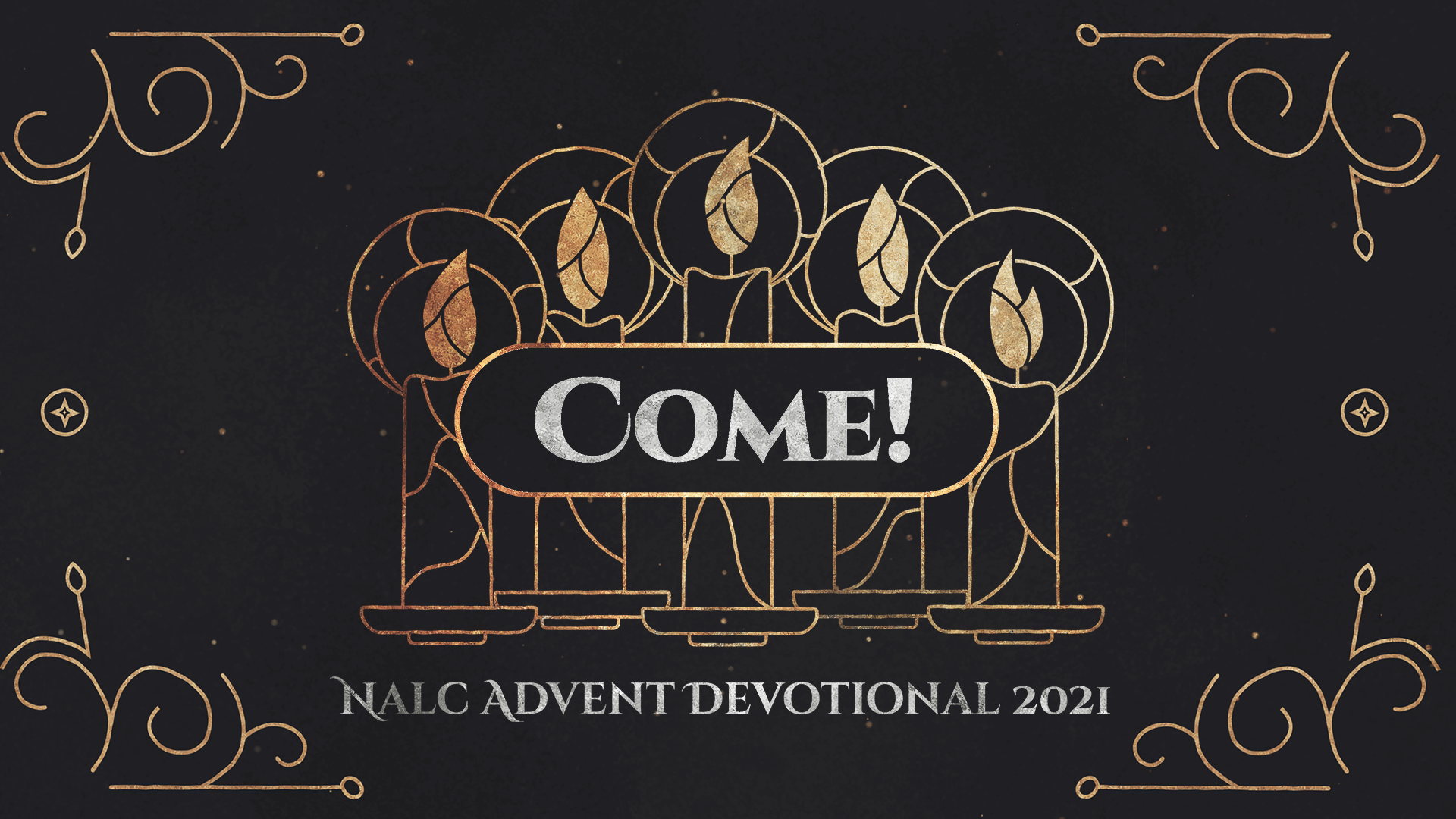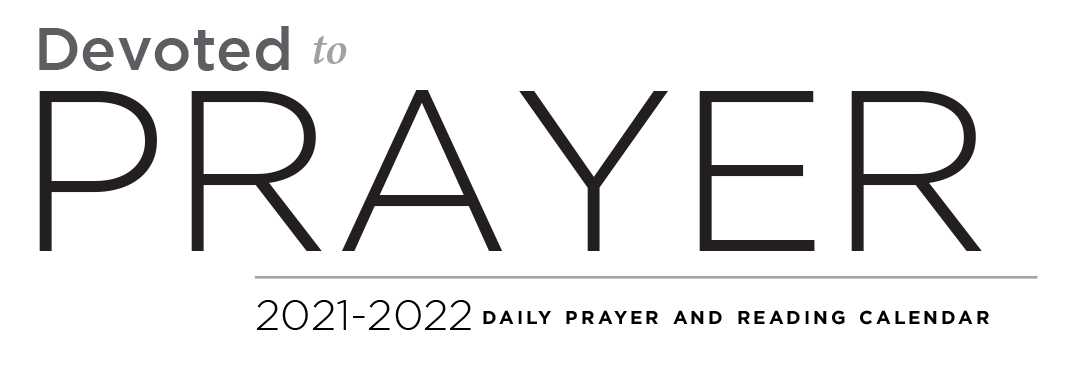
5:30 “I can do nothing on my own. As I hear, I judge, and my judgment is just, because I seek not my own will but the will of him who sent me. 31 If I alone bear witness about myself, my testimony is not true. 32 There is another who bears witness about me, and I know that the testimony that he bears about me is true. 33 You sent to John, and he has borne witness to the truth. 34 Not that the testimony that I receive is from man, but I say these things so that you may be saved. 35 He was a burning and shining lamp, and you were willing to rejoice for a while in his light. 36 But the testimony that I have is greater than that of John. For the works that the Father has given me to accomplish, the very works that I am doing, bear witness about me that the Father has sent me. 37 And the Father who sent me has himself borne witness about me. His voice you have never heard, his form you have never seen, 38 and you do not have his word abiding in you, for you do not believe the one whom he has sent. 39 You search the Scriptures because you think that in them you have eternal life; and it is they that bear witness about me, 40 yet you refuse to come to me that you may have life. 41 I do not receive glory from people. 42 But I know that you do not have the love of God within you. 43 I have come in my Father’s name, and you do not receive me. If another comes in his own name, you will receive him. 44 How can you believe, when you receive glory from one another and do not seek the glory that comes from the only God? 45 Do not think that I will accuse you to the Father. There is one who accuses you: Moses, on whom you have set your hope. 46 For if you believed Moses, you would believe me; for he wrote of me. 47 But if you do not believe his writings, how will you believe my words?”
– John 5:30-47
The passage in front of us today makes a crucial connection between a right understanding of the Scriptures and a direct application of what they reveal. Both are essential to the Christian faith and life. To have knowledge of the Scriptures without applying what they tell us, leads to a religion that is grounded upon nothing more than what we choose for ourselves to believe. And to apply the teachings of Scripture in life without knowing whether they are true, is an exercise in uncertainty at best and complete and utter failure and destruction at worst. The passage also gives us, along with a clear understanding of Scripture and a consistent and hope-filled application for our lives, a strong and secure and saving witness, rooted and grounded in the person of Jesus Christ.
Jesus speaks in this passage of the testimony that points to Him. In the first seven verses alone, He uses the word “testimony” or “testify” nine different times. To testify means to bear witness or to give an account. A testimony is that which provides evidence or proof of something beyond itself. John the Baptist testified to Jesus, speaking of the One who was to come who would be greater than him. The works Jesus performed gave testimony to the power of God the Father at work in Him. Even the Father testified to Jesus, by speaking of Him in the Scriptures and by offering and sending Him into this world. Jesus said, “You search the Scriptures because you think that in them you have eternal life; and it is they that bear witness to me.” He said, “If you believed Moses, you would believe Me, for he wrote of Me.” (John 5:39, 46)
In other words, it is all over the pages of the Bible that the work God is doing and the plan He is carrying out is all being done and fulfilled in Jesus. It is the testimony of the Bible, and of the Father Himself, that our salvation is found and secured and made real in the person and work of Christ.
That brings us back to the connection between a right understanding of Scripture and a direct application of what is revealed. Once we understand what the Bible is telling us, it is foolish to consider living in ways inconsistent with what we know to be true. Jesus’ critique of the religious leaders of His day was because of their failure to make that crucial connection. They believed the Scriptures, but they failed to believe in the One to whom they testified. They understood the words of the Bible, given to them by the Father, but they failed to trust in the One whose testimony pointed to Jesus, and to apply His words and actions in their lives.
As a result, they missed the point of the witness. They failed to understand the words of the testimony. And in missing the witness and failing to understand the testimony, they never made the life-changing and life-giving application offered and found only in Jesus. As we move one week closer to the celebration of our Lord’s birth, let us not fail to hear the testimony of the Scriptures and believe in the witness offered to us in God’s Word. It all points to Jesus. It all finds its fulfillment in Christ.
Prayer: Lord God, as we hear the testimony of the Scriptures and as we look for ways to apply what we have learned in the everyday events of our lives, help us to trust in the testimony offered by You that points us to Jesus. Amen.
Advent Action: Spend at least 5 minutes considering the implications of the witness of the Scriptures for your life, and then, as a result, look for ways to solidify the relationship you have with the One to whom the Scriptures point, Jesus Christ.
Devotion written by the Rev. Dr. Daniel Selbo
Watch a video recording of the devotional daily: facebook.com/thenalc
Morning Psalms
Evening Psalms

This daily prayer and Bible reading guide, Devoted to Prayer (based on Acts 2:42), was conceived and prepared by the Rev. Andrew S. Ames Fuller, director of communications for the North American Lutheran Church (NALC). After a challenging year in the midst of the COVID-19 pandemic, we have been provided with a unique opportunity to revitalize the ancient practice of daily prayer and Scripture reading in our homes. While the Reading the Word of God three-year lectionary provided a much-needed and refreshing calendar for our congregations to engage in Scripture reading, this calendar includes a missing component of daily devotion: prayer. This guide is to provide the average layperson and pastor with the simple tools for sorting through the busyness of their lives and reclaiming an act of daily discipleship with their Lord. The daily readings follow the Lutheran Book of Worship two-year daily lectionary, which reflect the church calendar closely. The commemorations are adapted from Philip H. Pfatteicher’s New Book of Festivals and Commemorations, a proposed common calendar of the saints that builds from the Lutheran Book of Worship, but includes saints from many of those churches in ecumenical conversation with the NALC. The introductory portion is adapted from Christ Church (Plano)’s Pray Daily. Our hope is that this calendar and guide will provide new life for congregations learning and re-learning to pray in the midst of a difficult and changing world.
